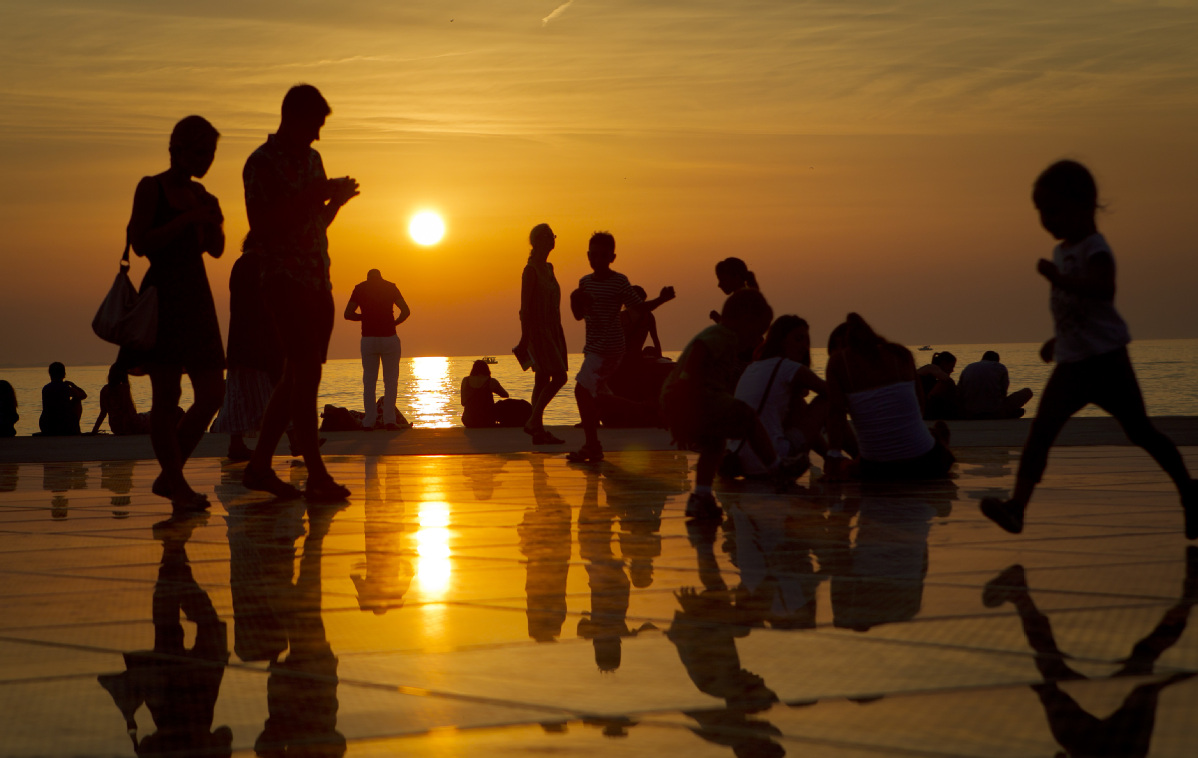Outbound Chinese become more adventurous as group profile changes


Visiting mostly iconic landmarks, partaking in shopping, eating Chinese cuisine?
These stereotypes of Chinese travelers overseas are fast becoming obsolete, according to a raft of new studies depicting the changing profile of the group.
Making multiple visits to the same destination is one marked departure from the traditional perception of Chinese travelers, according to the latest report by Airbnb, the United-States company that offers online booking for homestay services, and the Chinese consultancy CBN Data.
According to Peng Tao, Airbnb China president, nearly 60 percent of millennial Chinese travelers who participated in the survey said they would visit a destination more than once, especially if it was considered to be off the beaten path.
Those born in the 1990s are expected to account for half the new outbound travel population, and the group appears to be more enthusiastic about venturing into new territories.
"As 'trend followers', they tend to follow popular routes on social media apps such as Douyin and Instagram," Peng said.
For instance, the Setouchi Triennale event which is held in the picturesque Seto Inland Sea has significantly boosted the tourist revenue of Takamatsu, Japan, Airbnb said, without disclosing figures. Meanwhile, Zadar in Croatia is shaping up to be the latest magnet for the younger generation of travelers, who follow popular online series where the city is featured as an important setting.
Peng also noted several other traits of outbound Chinese travelers. One propensity is to relieve the stress of urban life by combining business trips with personal vacations. Around 64 percent of millennial business travelers have taken a so-called b-leisure trip, while 26 percent chose to take 48-hour short-haul weekend trips.
The group also seeks the "ultimate experience" by embarking on spontaneous trips. This is evident in the less than three days' lead time in booking accommodations, Peng noted.
"They take a particular delight in communicating with the locals and participating in local experiences, taking a deep dive into cultural integration," he said, adding that 88 percent of the travelers surveyed are happy to interact with the local people.
A survey released by Hilton Group and the research houses Kantar and Nielsen earlier this year arrived at a similar conclusion: Chinese outbound travelers now value experiences over obligatory visits to landmarks, and they are prepared to spend extensively on local dining and cultural activities.
The study identified the millennial travelers as upholding the "work hard, play harder" ethos, with two-thirds of respondents opting to "live in the moment" and seek instant gratification to quickly recover from the hectic pace of work.
Sixty-nine percent labeled themselves as belonging to the "Me" generation, who thrive on being in the limelight, with a strong desire to express their identity. Correspondingly, they relish opportunities to be visible, including through socially shareable visuals.
"Bolstered by higher disposable income, wider international exposure and easier accessibility of travel, Chinese consumers are more confident in exploring new destinations and looking to gain new experiences when they travel," said Gary Steffen, global head of Canopy by Hilton, a sub-brand of Hilton that focuses on providing lifestyle-driven lodging options.
According to a McKinsey report on China's outbound travelers, where once they stayed close to home, they are now venturing farther afield, thanks to more flexibility in international travel requirements (such as visas), an growing interest in experiencing destinations outside of their comfort zones and rising incomes.
"When planning a trip, Chinese outbound tourists desire places that offer natural scenery, high value for money, and family-friendly locales, though the importance of these factors varies by destination," the report said.

































